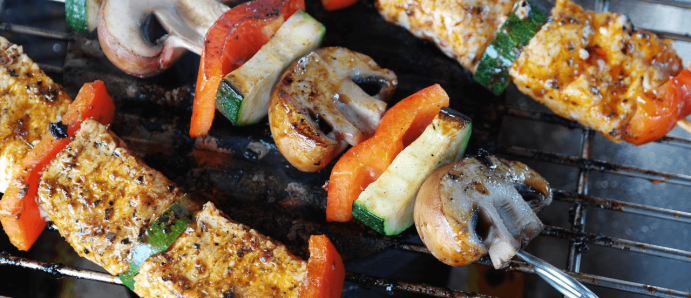In Australia, land of the “barbie”, almost every house has a barbecue of its own. These barbecues run on gas, which typically requires an individual liquid propane gas (LPG) tank (easily found at your local petrol station).
Although gas tanks are the most easy and efficient way to set up your home barbecue, some locals in Melbourne are now attempting to connect their grills to their home’s natural gas lines. Their main justifications are that they want to avoid the hassle of lugging home and having to refill their gas tanks, and that they are trying to minimise the eyesore of a large gas bottle in their yard.
While the decision to swap your barbecue from LPG to your home’s natural gas line may sound like a good idea in theory, it gets a big red flag from us. When you compare the two options, you may actually find that LPG wins every time.
Here are the top six reasons to avoid doing so:
- Conversion Requirements
The biggest reason why is because barbecues that require LPG run completely differently than items that use the natural gas in your home gas line. They operate at different pressures and temperatures, and utilise differently sized, injectors / valves. You cannot connect your barbecue to your natural gas line without doing some sort of complicated conversion.
- New Gas Line Installation
Another thing many people don’t realise is that you must install an additional gas line directly to your grill if you want to cater for the extra load to your domestic gas system.
Your existing gas pipes may need to upgraded to cope with the extra appliance
- High Price
Even if you are insistent upon making all the necessary conversions and adding additional gas lines so that you can connect your outdoor barbecue, you must note that this process could cost, hundreds or thousands of dollars. Gas fitting is complicated enough on its own, let alone when trying to merge outdoor and indoor fixtures. In many cases, the excessive fees associated with this project is simply not worth it.
- Lack of Flexibility
Another factor to consider is that connecting a barbecue to your natural gas line means that once the barbecue is connected, it cannot be moved. LPG grills, on the other hand, are highly portable and can be relocated as needed. If you have a large outdoor area and would like the flexibility to wheel around your barbecue if you desire a change of location, stick with your strictly LPG version.
- Indoor or outdoor
With many people building Alfresco entertaining areas, its important to realise that there are strict regulations about the installation of these appliances. BBQ’s that are specified for outside, are only to be installed outside, and BBQ’s that are specified for indoor installation are only to be installed indoors. There are regulations as to what is classed as an indoor or outdoor area
- High Chance of Malfunction
There are many things that could go wrong during the LPG to natural gas conversion process– its important to rely on the help of a professional. An improperly installed natural gas barbecue may have very small flames, for instance, and will also have difficulty heating up. You may even find yourself more susceptible to gas leaks once you have attempted to make this swap over.
If you are in need of a new gas barbecue for your Melbourne home, we strongly advise that you don’t try to connect it to your domestic gas source. Instead, relish in the freedom and safety that LPG grills allow. The team at O’Shea Plumbing is happy to help you set up and maintain your LPG or natural gas barbecue, if you would like some assistance.


